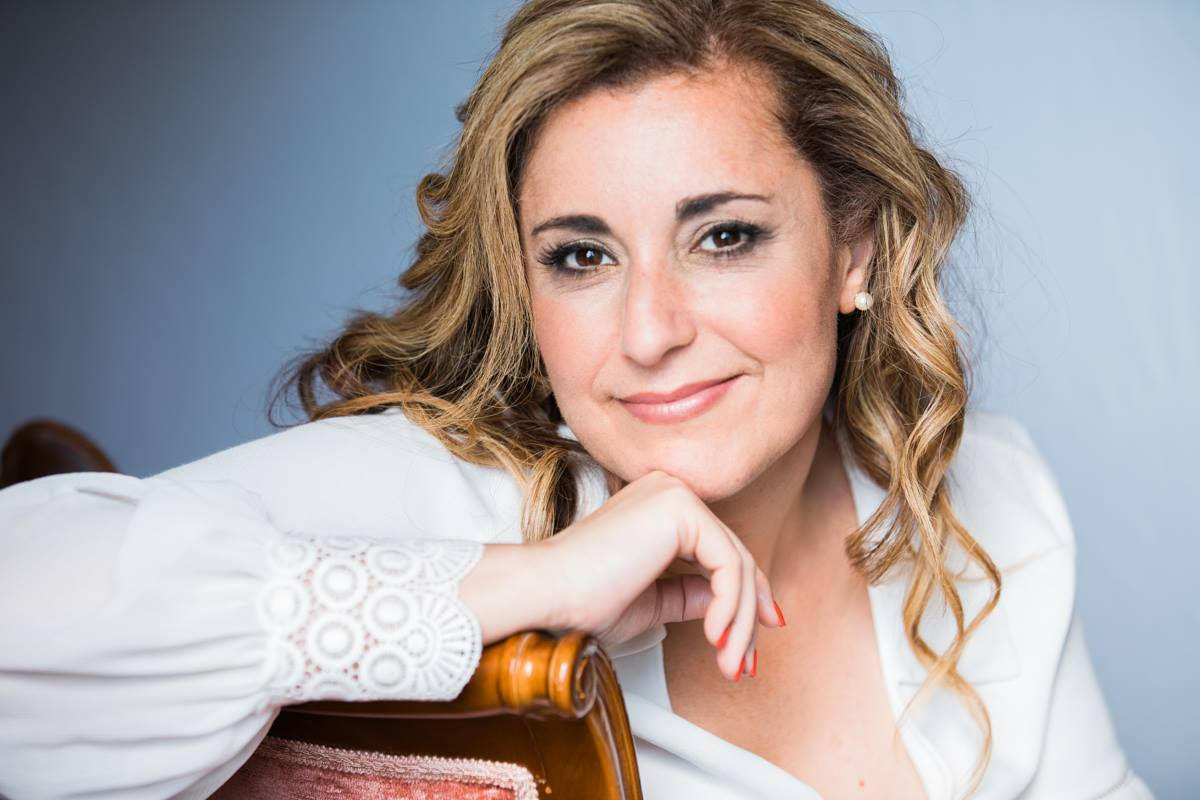Who do you rely on to advise you about your finances? Whether you are taking the steps to completely engage with your finances for the first time, or you know it’s time to take your wealth creation to the next level – what if today, you became the CFO of your life? Let’s dive into how to manage your own wealth creation.
STEP ONE – Set the foundation for financial awareness and wealth creation
- Know exactly how much revenue and expenditure you are currently generating. What do your finances look like right now? You must have clarity about your current financial situation so that you know what your next financial targets need to be.
- Know exactly how much money you need to run your life/business as you would truly like it to be. What would you like your finances to be? Write down all the costs of running your life and your business as you would like. Include the essentials and all the fun things – dinners out etc. Add what you would like to have in the next one to five years – holidays, courses, new purchases and investments.
- What can you add and create? Rather than focus on cutting spending (although you may see some ways where your expenditure is better placed elsewhere), put your attention on asking, “What are the options for getting me there?” and “What can I add or invest in that will create money now and in the future?”
- Create a “10%” account for you. For every dollar that comes in, put 10 cents away. This is not a “rainy day” fund. It ensures you always have money in your life and future which creates a sense of peace around money. It’s about fostering a different relationship with money that is about continual growth.
STEP TWO – Educate yourself on different kinds of wealth and investments
Most people think there’s a formula for creating wealth: A + B = C. But this will only limit you in terms of what you can generate for yourself. Out-creation is about throwing out the blueprints and rulebooks; it’s about seeing how all the facets of your life can contribute to you.
As your own CFO, ask: What are all the things I would like to add to my life, not just the money? How can I create a portfolio of income to support that? These questions will help you plan the bigger question of how to manage your own wealth creation.
Wealth includes everything in your life, bringing you money – and more. For example, most people don’t consider their jewellery as part of their wealth or investments.
The first time I invested a lot of money in myself this way, I bought a unique set of pearls. When I put them on, my whole body lit up.
Wealth creation is not about sticking to the tried and true, or accepted standards of financial generation. Educate yourself about different forms of wealth and investments and, most importantly, follow what is interesting and fun for you.
STEP THREE – Add things you enjoy to your life.
Take the focus off your bank account. When you enjoy your job, you don’t think about the paycheck you’re getting. Instead, it becomes about enjoyment, joy, and enthusiasm. Out-creation is about adding more richness to your life, no matter the balance in your bank account.
When you focus on the bigger picture – enjoyment, being of service, helping the planet – you become more aware of possibilities and opportunities for the creation of wealth in a more multi-faceted way.
There is a wonderful saying that I live by:
Money follows joy, not the other way around.
Money is a by-product of what you choose that cultivates a greater sense of wealth and richness in your life.
Wealth can be the kindness you bring in your smile or the gratitude you choose each day. The more gratitude you have, your generosity of spirit grows. You have more generative fuel in your tank – where you can celebrate your success and growth. As well as the success and growth of others.
What are you grateful for about you and your life right now? Flex your muscle of gratitude every day.
The creation of your own personal wealth includes money, but it truly is never just about the money.
STEP FOUR – Practice “Benevolent Capitalism” when considering how to manage your own wealth creation
When thinking about how to manage your own wealth creation, remember it’s about generating something sustainable – for you, others and the planet. True wealth comes from asking, “What can I create that will make money for me, and grow, and benefit the wider world?” It is about we, not me.
Last year I ran over 85 events and classes all over the world and my business contributed to many other businesses. In that time, I hired over 60 translators, and my business supported many others in a multitude of ways. It was providing work, experience and tools to create more in their business and lives!
You don’t have to be a business owner or running a global business to practice benevolent capitalism, you only require developing a mindset of looking at how you can invest in creating a greater future for you and others. It is as simple as asking yourself: What contribution can I be to the creation of wealth and a greater future for myself, others and the planet?
True creation occurs when you are willing to erase all the definitions and projections and pre-conceived ideas held by you or anyone else. If you meet someone interesting but they don’t fit your definition of what your business or investment needs, let that definition go. Adapt, evolve, ask questions and you will always remain engaged and aware of greater possibilities for the expansion of wealth.
 About the author
About the author
Laleh Alemzadeh-Hancock is a life and communication coach, management and professional services consultant, and facilitator of Wealth Creators Anonymous, a special program by Access Consciousness®.
Laleh has inspired and empowered hundreds of thousands of individuals and families including Fortune 500 executives, government agencies, non-profit organizations, athletes and veterans. A lifelong entrepreneur and passionate change-agent, Laleh strives to seek out possibility in every problem and aims to facilitate strategic change and optimal growth for all her clients. She is an advocate for people of ages with special needs or disabilities and their caregivers and served on the Governor of Maryland’s Caregivers Support Coordinating Council for four years. Through her organization, Global Wellness for All, Laleh inspires individuals – including individuals with perceived disabilities – to create wellness in all areas of their life and seek greater success.


